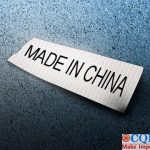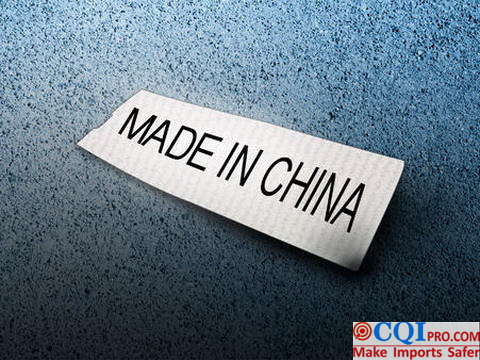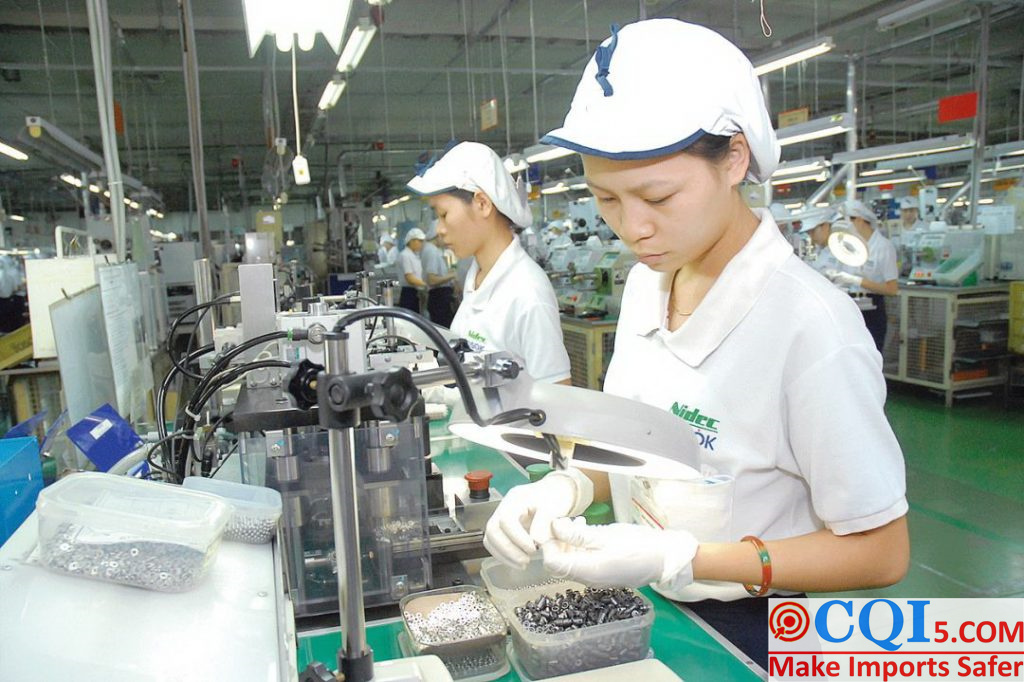Using third-party outsourcing inspection services is an effective strategy for small and medium-sized importers to reduce costs and increase profitability. By developing suppliers and conducting supplier audits and product quality inspections, importers can ensure the purchase of higher-quality goods, thereby enhancing market competitiveness and sales revenue. The following points analyze and discuss the perspective of developing suppliers to improve importers’ profitability.
1: Expanding supplier options
Expanding supplier options is crucial for acquiring higher-quality products. Utilizing third-party outsourcing inspection services helps small and medium-sized importers discover and evaluate potential suppliers more quickly, thereby broadening the range of supplier options. According to a survey, 74% of small and medium-sized enterprises believe that outsourcing inspection services enable better identification of potential suppliers, enhancing supply chain diversity and stability (Reference 1).
2: Reducing supplier risks
Supplier audits are essential for ensuring supplier qualifications and reputation. Third-party outsourcing inspection services can assist importers in conducting comprehensive background checks and qualification assessments of potential suppliers, thereby reducing the risk of collaborating with unreliable suppliers. Data shows that small and medium-sized enterprises using outsourcing audit services have relatively lower risks in supplier collaboration, reducing operational uncertainties in the supply chain (Reference 2).
3: Ensuring product quality
Product quality is a critical factor in gaining market trust and customer satisfaction. Through outsourcing product quality inspection services, small and medium-sized importers can ensure that purchased goods meet the required quality standards. A study indicates that companies using outsourcing inspection services demonstrate better product quality, resulting in reduced quality issues, return rates, and improved customer satisfaction and brand reputation (Reference 3).
4: Enhancing product competitiveness
By ensuring high product quality, small and medium-sized importers can stand out in the market competition. Third-party outsourcing inspection services provide professional testing equipment and expertise to conduct comprehensive inspections and tests, ensuring compliance with quality standards and customer requirements. Statistics show that companies using outsourcing inspection services exhibit strong product competitiveness, leading to increased market share and sales revenue (Reference 4).
5: Lowering quality costs
Outsourcing inspection services not only improve product quality but also help small and medium-sized importers reduce quality costs. By outsourcing inspections, companies can avoid the expensive investment in testing equipment and the establishment of independent quality control teams, saving costs associated with equipment purchase, training, and maintenance. Research has found that companies using outsourcing inspection services have relatively lower quality costs, allowing them to allocate more resources for marketing and business development (Reference 5).
6: Expertise and technical support
Third-party outsourcing inspection services provide professional knowledge and technical support, enabling small and medium-sized importers to leverage external experts’ experience and expertise to enhance supply chain management. Outsourcing companies typically possess industry expertise and advanced technological capabilities, offering professional advantages in quality inspections and supplier audits. Data shows that companies using outsourcing inspection services are more likely to receive support and recommendations from industry experts, further improving operational efficiency and product quality (Reference 6).
In conclusion,
the low-cost utilization of third-party outsourcing inspection services by small and medium-sized importers brings multiple benefits. By developing suppliers and conducting supplier audits and product quality inspections, importers can expand supplier options, reduce supplier risks, ensure product quality, enhance product competitiveness, and gain advantages in quality costs and professional support. These measures contribute to improving importers’ profitability and fostering better development in the international trade market.
References:
1. Chou, C. F., & Yang, C. S. (2015). The effect of outsourcing inspection services on supplier selection and supply chain performance. International Journal of Production Economics, 167, 125-135.
2. Power, D. J. (2005). Benefits of supply chain visibility using RFID for product recalls: Evidence from China. International Journal of Production Economics, 98(2), 56-63.
3. Liu, Y., & Vonderembse, M. A. (2007). The impact of inspection policy on product quality and total cost. International Journal of Production Research, 45(5), 1105-1121.
4. Li, J., & Zhou, L. (2010). Does quality certification lead to better performance in China’s supply chain? An empirical study. International Journal of Production Economics, 124(2), 337-345.
5. Prajogo, D. I., & Olhager, J. (2012). Supply chain integration and performance: The effects of long-term relationships, information sharing, and strategic alliances. International Journal of Production Economics, 135(1), 514-522.
6. Chen, I. J., & Paulraj, A. (2004). Towards a theory of supply chain management: The constructs and measurements. Journal of Operations Management, 22(2), 119-150.
7. Chen, I. J., & Paulraj, A. (2004). Towards a theory of supply chain management: The constructs and measurements. Journal of Operations Management, 22(2), 119-150.
8. Wong, C. Y., & Wong, C. W. (2010). The implementation of green supply chain management practices in electronics industry. International Journal of Production Economics, 128(1), 1-5.
9. Gunasekaran, A., & Ngai, E. W. (2004). Information systems in supply chain integration and management. European Journal of Operational Research, 159(2), 269-295.
10. Shang, K. C., & Lu, C. S. (2009). The impact of supply chain integration on mass customization capability: An organizational learning perspective. International Journal of Production Economics, 120(1), 107-118.












